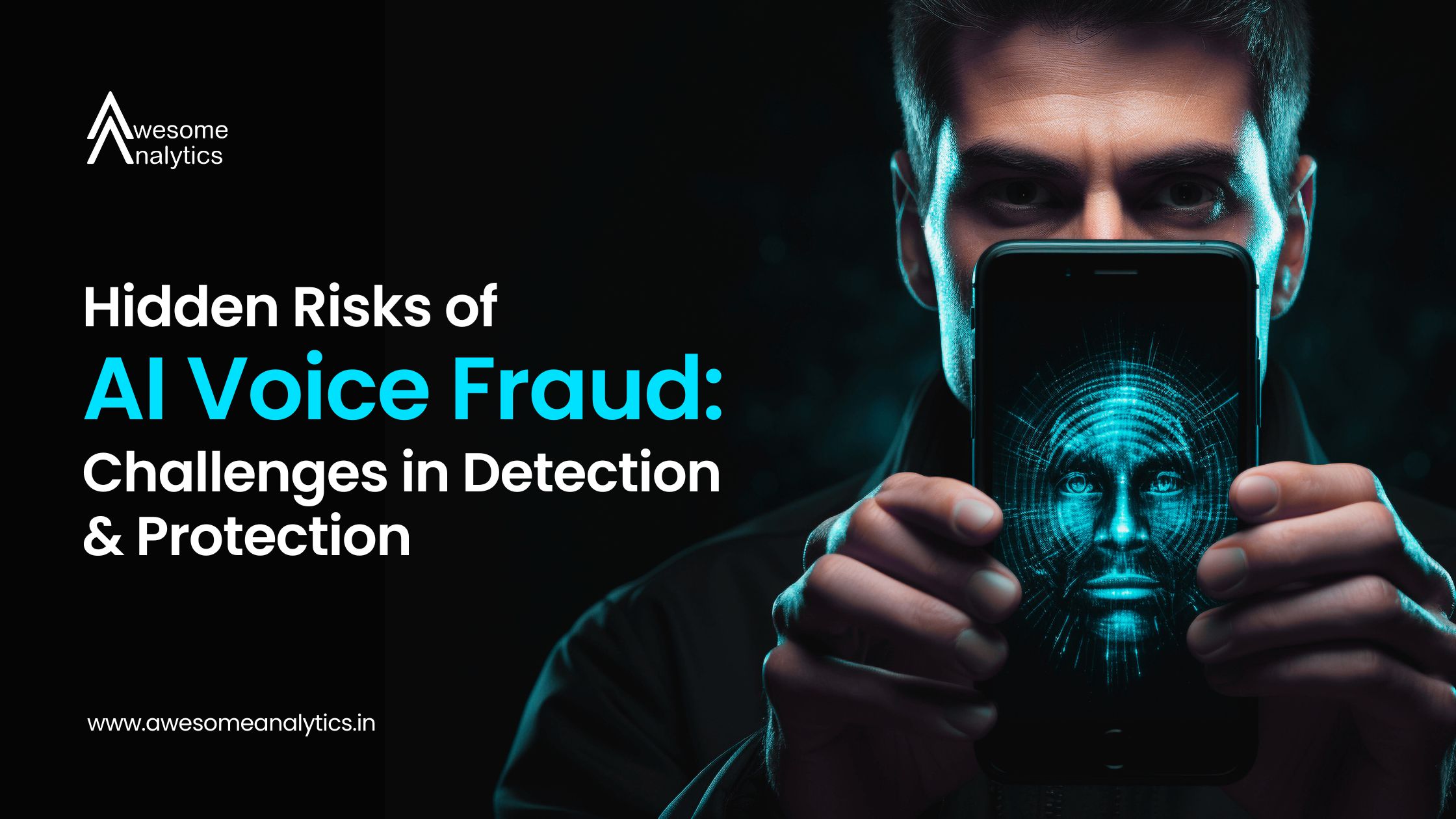This article explores the dangers of voice fraud, why it’s hard to detect, the psychological tactics fraudsters use, and how we can protect ourselves against this sophisticated form of deception.
What is Voice Fraud?
Voice fraud involves using voice technologies to impersonate, deceive, or defraud someone. This can include tactics like:
- Voice Phishing (Vishing): Scammers call pretending to be from reputable companies to steal personal information.
- Deepfake Voices: Technology that mimics someone’s voice to deceive others.
- Synthetic Voice Attacks: Criminals create entirely new voices that sound realistic and use them for fraudulent activities.


Why is Voice Fraud Dangerous?
Voice fraud is hard to detect because we usually trust what we hear. Here are some reasons why it's dangerous:
- Hard to Spot: Unlike email scams, voice fraud is difficult to recognize. A cloned voice can sound just like a trusted person, making it hard to know when you're being tricked.
- Trust Factor: We are more likely to trust voices, especially if they sound like someone we know. This makes it easier for scammers to trick us into giving away personal information or money.
- Financial Loss: Voice fraud can lead to big financial losses. Scammers can convince people to transfer money, give out credit card information, or reveal bank account details.
How Does Voice Fraud Work?
Voice fraudsters exploit the trust people place in familiar voices. Here’s how they do it:
- Collecting Voice Samples: Scammers gather voice samples from social media, public speeches, or even phone calls.
- Creating Voice Clones: Using AI and machine learning, they create voice clones that can say anything the fraudster wants.
- Executing the Fraud: The cloned voice is used to trick people into revealing sensitive information or authorizing financial transactions.


Examples of Voice Fraud
Voice fraud can take many forms, such as:
- Business Scams: Scammers impersonate CEOs to trick employees into transferring money.
- Personal Scams: Fraudsters pretend to be family members in distress to extract money from relatives.
- Government Scams: Fraudsters imitate government officials to steal personal information.
How to Protect Against Voice Fraud
Here are some steps to protect yourself and your business from voice fraud:
- Verify Identity: Always verify the identity of the caller, especially if they are requesting sensitive information or financial transactions.
- Use Safe Words: Establish a unique safe word with family and business associates to confirm identities.
- Limit Voice Sharing: Be cautious about sharing voice recordings on social media or other public platforms.
- Implement Multi-Factor Authentication (MFA): Use MFA for financial transactions and sensitive operations to add an extra layer of security.
- Stay Informed: Keep up-to-date with the latest developments in voice fraud and security measures.

The Role of Technology in Preventing Voice Fraud
Technology can also help in the fight against voice fraud:
- Voice Biometric Authentication: Using unique voice patterns for authentication can help verify true identities.
- AI Detection Tools: Advanced AI tools can analyze voice patterns to detect potential fraud.
- Secure Communication Channels: Use encrypted communication channels to protect sensitive voice communications.
Conclusion
Voice fraud is a serious and growing threat. By understanding how it works and taking steps to protect yourself, you can reduce the risk of becoming a victim. Stay vigilant, informed, and cautious to keep your personal information and finances safe.
Voice fraud is difficult to detect because it relies on the sound of a voice, which is harder to verify than visual or written cues. As technology advances, the sophistication of these scams increases, making awareness and caution even more crucial.



